Aditya Akella
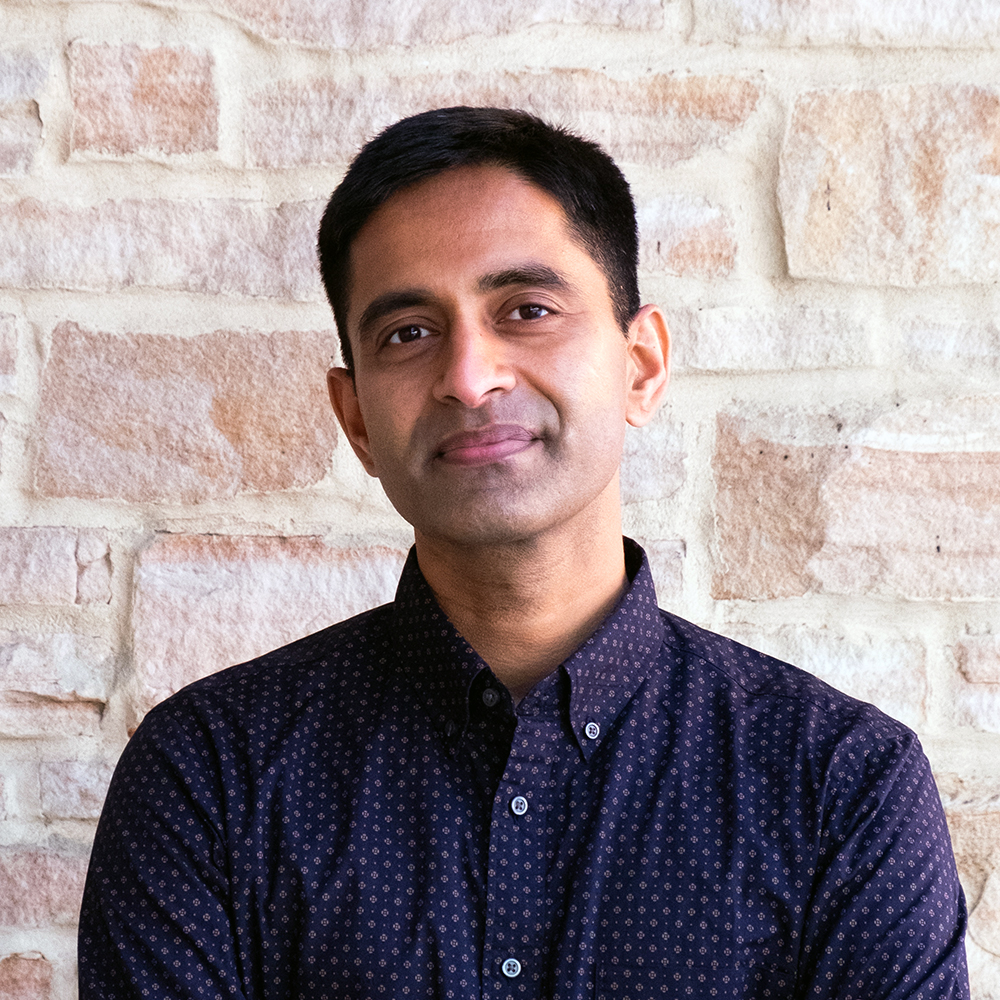
Research Interests: Programmable networks, hardware acceleration, automated reasoning for networks, systems for big data and machine learning, serverless computing
OPERATING SYSTEMS, DISTRIBUTED SYSTEMS, AND NETWORKING
PROFESSOR
Dr. Aditya Akella earned his bachelor of science from the Indian Institute of Technology in 2000. He went on to earn his Ph.D. in 2005 from Carnegie Mellon University with a thesis titled “End Point-based Routing Strategies for Improving Internet Performance and Resilience.”
Dr. Akella's research focuses on improving the performance, reliability, and correctness of Cloud and Internet infrastructure. His work straddles the boundary between computer networking and adjacent areas such as operating systems, databases, and formal methods.
Dr. Akella's research has impacted production systems run by some of the world’s largest tech companies. He has won numerous awards for his research, teaching, and service contributions. Prior to joining UT, he was a professor of computer science at the University of Wisconsin Madison.
Shuchi Chawla
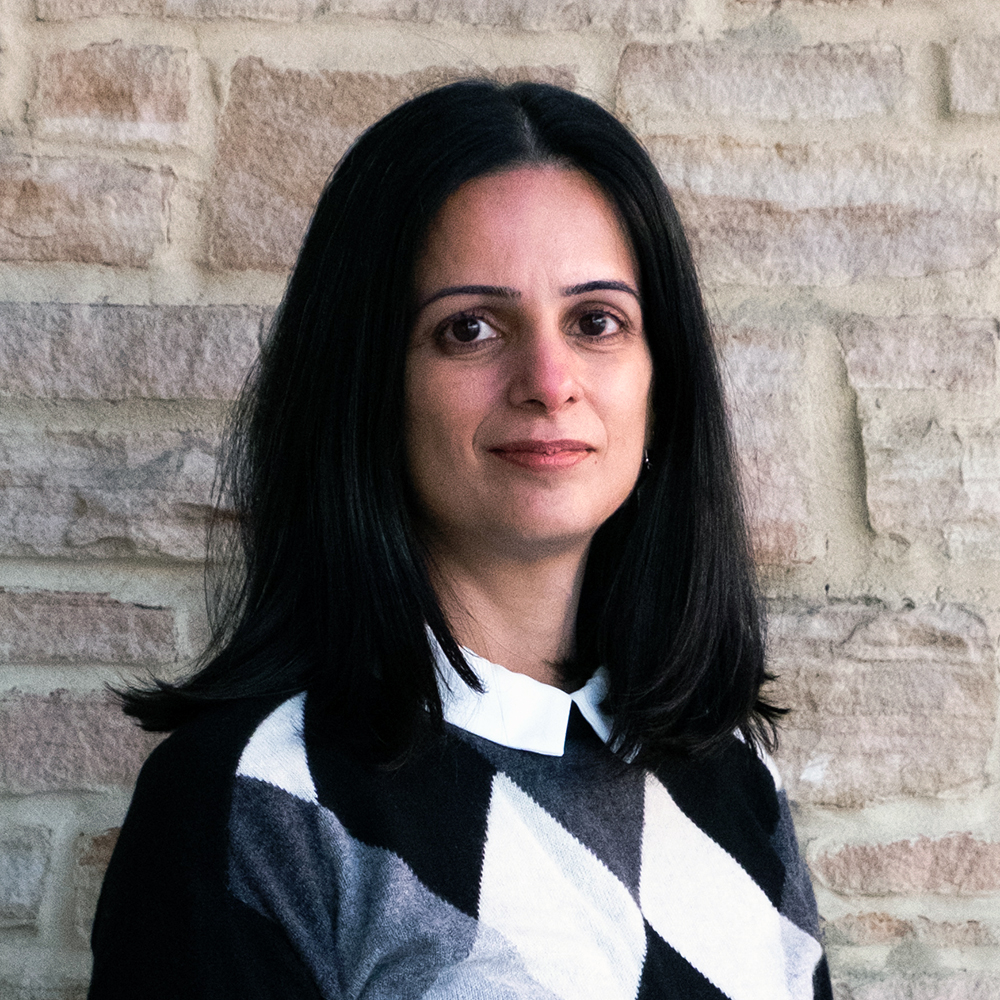
Research Interests: Approximation and online algorithms; algorithmic game theory and mechanism design; data-driven algorithm design; combinatorial and stochastic optimization; algorithmic fairness; algorithmic issues in networks and systems
THEORETICAL COMPUTER SCIENCE
PROFESSOR
Dr. Shuchi Chawla is a theoretical computer scientist who specializes in the areas of algorithm design and economics and computation. She received a bachelor of technology from the Indian Institute of Technology, Delhi before obtaining her Ph.D. from Carnegie Mellon University.
Dr. Chawla is joining UT Computer Science after spending 15 years as a professor at the University of Wisconsin-Madison. She previously held postdoctoral and visiting positions at Stanford University, the University of Washington and Microsoft Research. In the past, she has been sponsored by the Alfred P. Sloan Foundation and the National Science Foundation. During her time as a professor at the University of Wisconsin-Madison, Dr. Chawla received several honors including the Carolyn Rosner Award for Excellence in Teaching, the Provost’s Mid-Career Award and the Chancellor’s Teaching Innovation Award.
At the moment, Dr. Chawla is serving on the editorial boards of both the ACM Transactions on Algorithms and the ACM Transactions on Economics and Computation. She is also currently an Amazon Scholar.
Ken McMillan
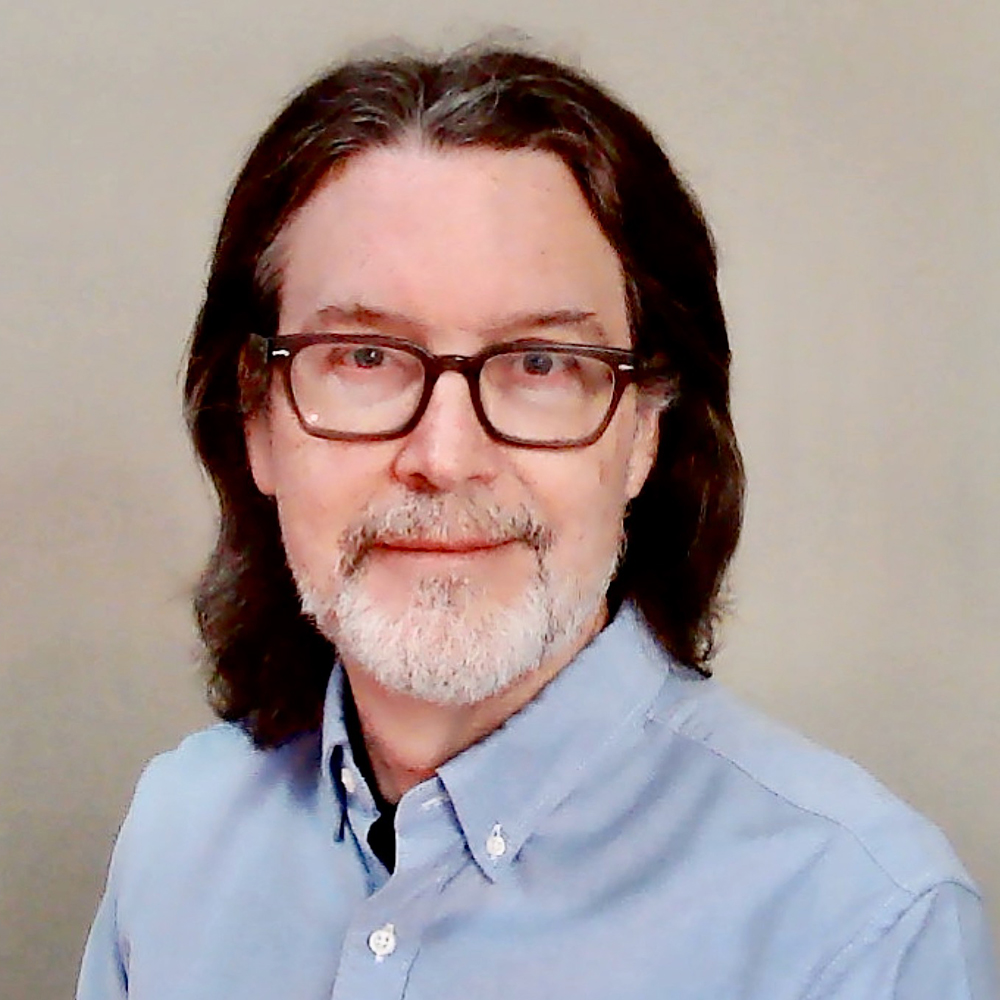
Research Interests: symbolic model checking, Petri net unfoldings, automated abstraction, compositional methods, Craig interpolation, deductive verification and specification-based testing
FORMAL METHODS
PROFESSOR
Dr. Ken McMillan received his bachelor of sciences in electrical engineering from the University of Illinois at Urbana-Champaign, his masters of science in electrical engineering from Stanford University and his Ph.D. in computer science from Carnegie Mellon University. He has extensive experience in industrial research including work with AT&T Bell Labs, Cadence Research Labs, Microsoft Research and Amazon Web Services.
Dr. McMillan's primary research area is formal methods, where he has made significant contributions to. Throughout his career, he has worked on topics such as symbolic model checking, Petri net unfoldings, automated abstraction, compositional methods, Craig interpolation, deductive verification and specification-based testing. His research has earned him awards such as the ACM Doctoral Dissertation Award, LICS Test of Time Award and the POPL Most Influential Paper Award.
Dr. McMillan's research interest lies within making automated formal verification tools that are usable and productive in the development of real systems, especially in the interaction of humans and machines in formal reasoning. On top of this, he is also currently serving on the steering committee of the Computer-Aided Verification conference.
David Harwath
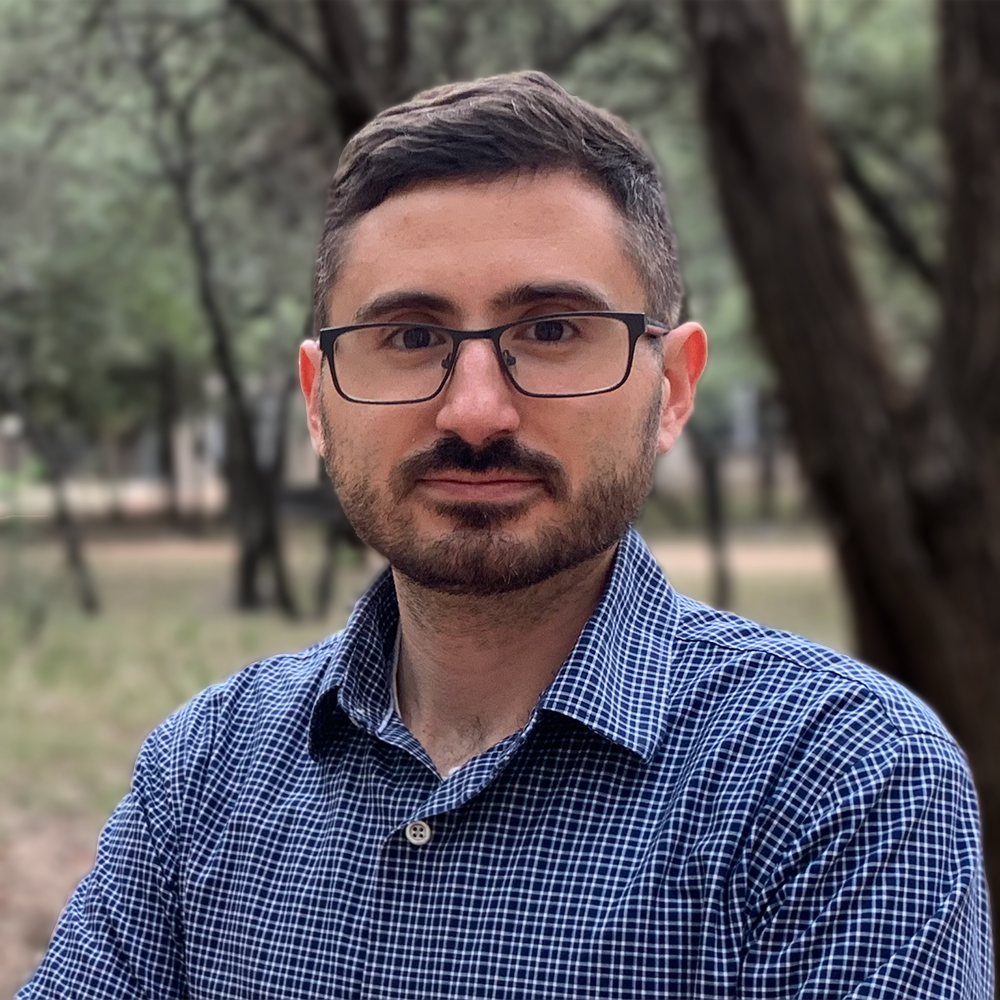
Research Interests: Automatic speech recognition, spoken language understanding, multi-modal and embodied machine learning (speech, environmental sound, vision)
ARTIFICIAL INTELLIGENCE & DATA MINING, MACHINE LEARNING, AND NATURAL COMPUTATION
ASSISTANT PROFESSOR
Dr. David Harwath holds a bachelor of science in electrical engineering from the University of Illinois at Urbana-Champaign and both a Master’s and a Ph.D. in Computer Science from MIT.
Prior to joining UT, Dr. Harwath worked as a computer scientist research scientist at MIT Computer Science and Artificial Intelligence Lab (CSAIL). His research interests cover the area of machine learning and natural language processing. Ultimately his research aims to discover the algorithmic mechanisms that would enable computers to learn and use spoken language the way that humans do.
Dr. Harwath's work focuses on the multimodal and grounded nature of human language, and thus has a strong connection to other machine learning disciplines such as computer vision.
Mikyung Han
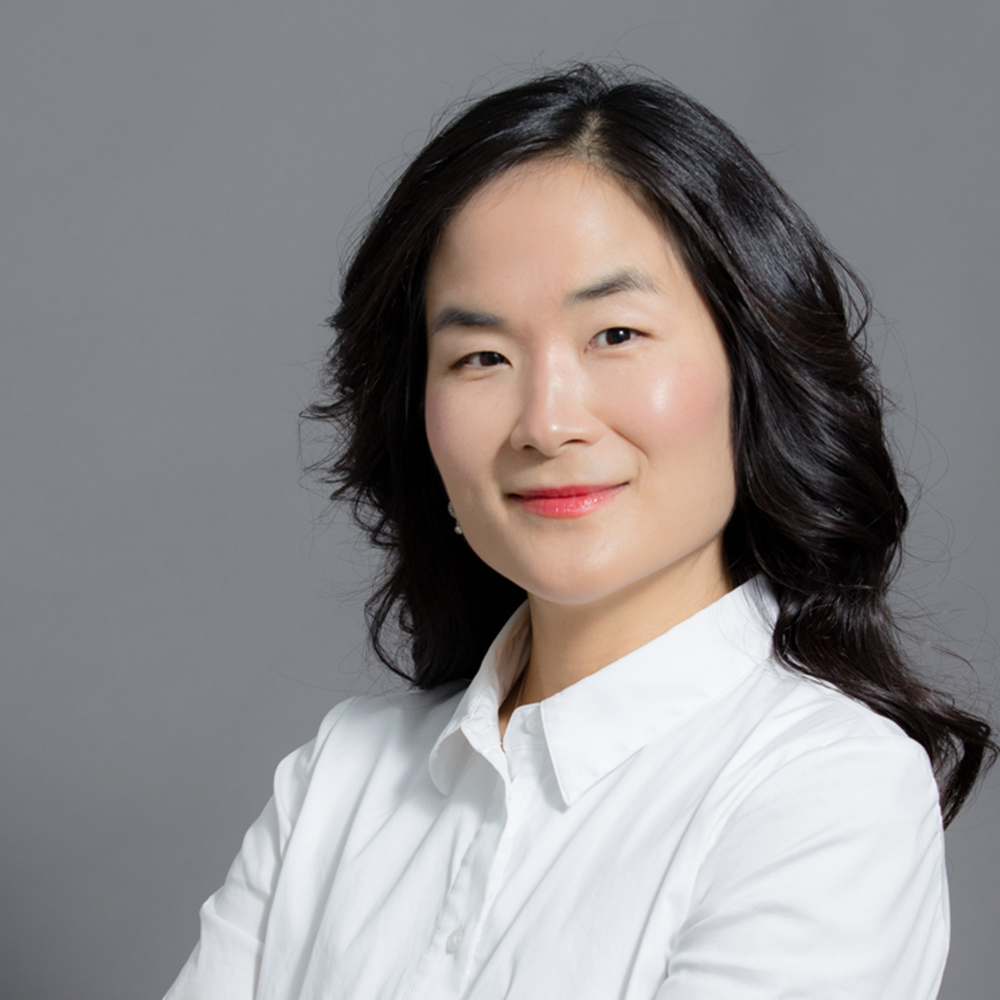
Research Interests: CS education, wireless networking, signal processing, mobile sensing, and health monitoring
OPERATING SYSTEMS, DISTRIBUTED SYSTEMS, AND NETWORKING
ASSOCIATE PROFESSOR OF INSTRUCTION
UT alumna Dr. Mikyung Han earned her bachelor’s in computer science at the Korea Advanced Institute of Science and Technology. No stranger to the Longhorn life, she received both her master’s and Ph.D. in computer science from UT Austin. She has returned to the Forty Acres after working as a software development engineer at Microsoft in the area of business intelligence and cloud computing and working as an associate professor at California Baptist University.
Dr. Han's research interests include mobile sensing, computer science education, wireless networking, signal processing, and health monitoring. For her dissertation, "Optimizing Opportunistic Communication in Wireless Networks", she worked with Professor Lili Qiu.
NSF Includes RESET Conference 2021 Steering Committee and Grace Hopper Conference 2020 Academic Track Committee.
Anna Chaney
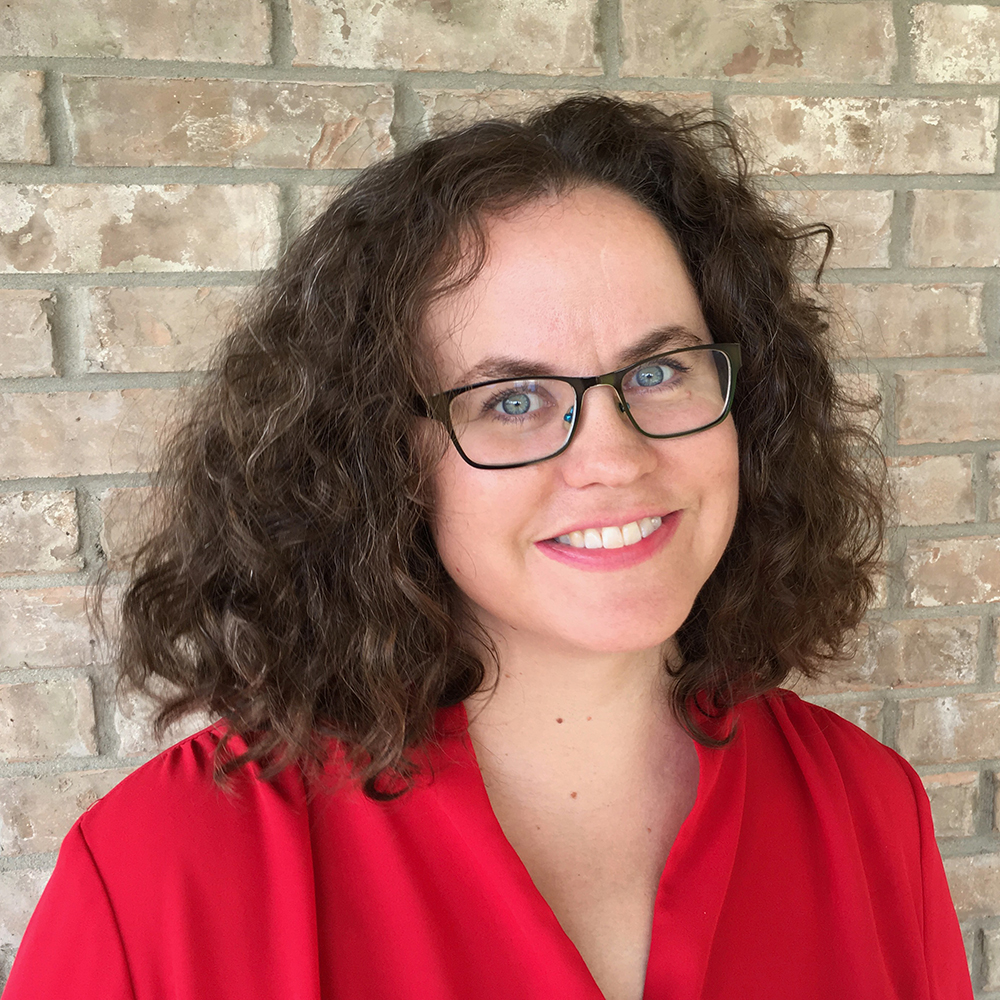
Research Interests: Using data-driven algorithms to create aural and visual art
ARTIFICIAL INTELLIGENCE
ASSISTANT PROFESSOR OF INSTRUCTION
Professor Anna Chaney graduated with a bachelor of science in mathematics at the University of Colorado Boulder in 2000. She then went on to receive a master’s of computer science at the University of Arizona in 2002.
Upon graduating Prof. Chaney launched her career in engineering working on the Thirty Meter Telescope project. In the next few years she specialized in remote sensing algorithms and worked as the principal investigator in an Office of Naval Research contract on the classification of signals. Her research interests focus on computational creativity.
Before deciding to teach at UT, Prof. Chaney worked for IBM as a Data Science technical architect and team lead on NLP machine learning prototypes that use Watson technologies with applied machine learning. She also worked as an engineering lead for software development of the Buoy Whole Home Water Controller.



